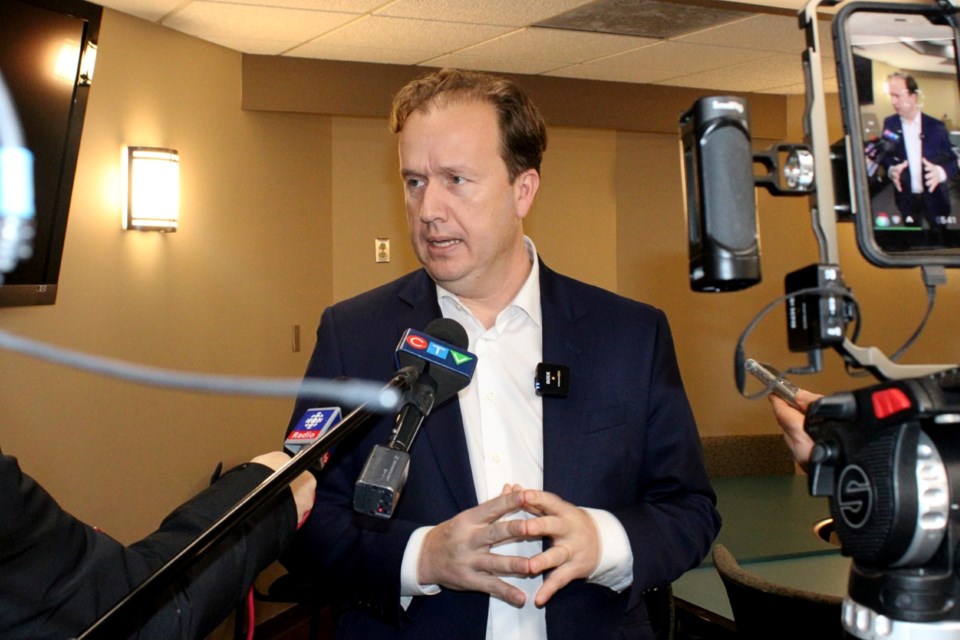A new tax incentive has been proposed to help spur development in Greater Sudbury, which Mayor Paul Lefebvre referred to this week as a “game-changer.”
During recent meetings with people interested in bringing their businesses to Greater Sudbury, or expanding existing businesses, he said tax incentives “always come up.”
The proposed Employment Land Community Improvement Plan will “certainly send a signal to the industrial side of businesses here that want to expand,” he said, later urging his colleagues around council chambers, “We need to move this forward.”
There’s a great deal of nuance to the 19-page plan currently in draft form, but it comes down to the city forgiving a portion of taxes for up to 10 years through a tax increment equivalent grant.
Typically, when there’s a new construction or building expansion, the property will be reassessed once the building permit is completed, at which time property taxes are levied according to the new assessment.
Under the Employment Land Community Improvement Plan’s tax increment equivalent grant, the difference between the taxes levied using pre- and post-development assessed value will be rebated to the property owner by the city for a set number of years.
It’s on this point Lefebvre made note of during Tuesday's finance and administration committee meeting, clarifying that grants aren’t issued until developers do what they say they will do.
Depending on how many boxes the development ticks off, 100 per cent of the tax difference would be granted back to the owner for a span of three, five, or 10 years.
The minimum threshold to qualify for the grant would be a construction value of $1 million.
In a report to city council, staff estimate eight to 10 projects are likely to qualify for the program per year, judging from the five-year average of economic activity. They recommend sticking to the $1-million threshold to limit the number of smaller applications and administrative work.
City planning services director Kris Longston said the city doesn’t have a limit in mind when it comes to the grant, as it will depend on which projects are successful in their applications.
Although the city loses out on up to 10 years of increased tax revenue for each successful application, which works against assessment growth revenue, city economic development director Meredith Armstrong argued the longer-term benefits make it worthwhile.
The incentive program “is driven by economic development opportunities, benefits to the community through job-creation and so on, and it is city-wide,” she said. “This is the tool that we’ve been missing over time to target investment attraction.”
The points system which determines how many years developments are eligible for tax increment equivalent grants includes:
- Construction value
- Targeted industries, including clean tech, life sciences and film and television
- The number of jobs created or retained
- Extra points for being located within eight strategic employment areas, including Fielding Road/Duhamel Road, Lasalle/Elisabella, National Street, Maley East, Coniston, Kingsway, Ceasar Road, Valley East Industrial Park
In drafting the Employment Land Community Improvement Plan, the city reached out to 13 municipalities to learn from their experiences. Through this correspondence, Armstrong said they concluded a tax increment equivalent grant would be their best approach.
During Tuesday’s finance and administration committee, the city’s elected officials greenlit a public consultation process for the plan. The local development and business communities will be targeted alongside the general public with at least two open houses and a public hearing.
City council is expected to make a final decision by late June.
Tyler Clarke covers city hall and political affairs for Sudbury.com.
